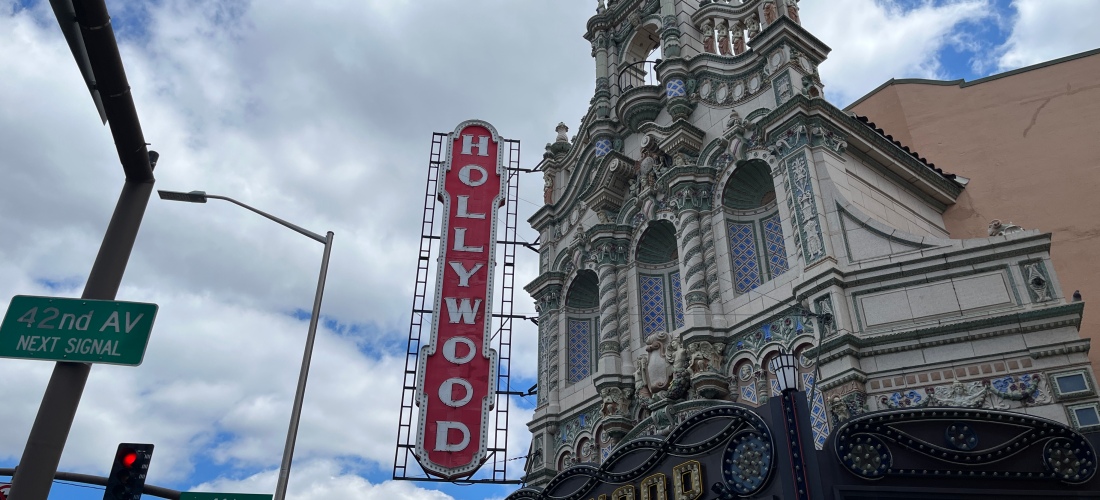The apex of Portland seems to be somewhere about 2016. The TV Show Portlandia, which makes light-hearted fun at the progressiveness of the city, would last for two more years. That period seems to align with a perception of decline that led into mass protests and then the pandemic. Being new to the city, I hear the negativity; people talk about how it’s gotten worse here.
The signs that it is worse seem to fall into several categories. Homelessness, which doesn’t seem to be a problem specific to Portland; crime which includes record homicides, but also stolen vehicles and damage caused by stealing gasoline and pollution-control devices; slow police response; a drug problem and downtown being “mostly boarded up.
This has caused a downward mental spiral. To stop the spiral, we need context: not in the context of 2016 Portland, but compared to other cities of its size. Then we have to recognize that Portland had been around a long time before the period currently on our minds and will be around long after. Lamenting what it has become is one thing, asking what we want it to become is another.
Here are the issues I hear about most:
Homelessness
In 2016, Portland made it legal for homeless people to camp overnight on sidewalks. With homelessness at the top of voters’ minds in the 2022 election, officials have begun to take notice and have some political capital available to try new strategies. It recently became illegal again to camp on sidewalks and the city is trying to set up three large “camps.” I’m not an expert on homelessness and not sure camps are a solution, but the problem hasn’t always existed to this extent, and so presumably can be solved. It also isn’t just a “West Coast” problem or directly related to cost-of-living as some would have you believe. Chicago and Springfield, Massachusetts are also known to have large homeless populations.
Crime
Crime is worse in Portland than it used to be. But while violent crime is up in most cities, property crime is down elsewhere. That’s not the case in Portland where both are on the rise. Still, looking at other cities it doesn’t compare so badly except in the areas of vehicle theft and theft in general. One could conclude it’s related to a combination of other factors including the drug/fentanyl problem, an ability to sell stolen goods on online platforms, and an inability to prosecute offenders.
Slow Police Response
Far from Portland when the riots happened, I don’t have a complete sense of the scope of the protests and defund movements. It does seem the brutality occurred largely elsewhere and was taken out on the Portland police. If that’s not correct, please let me know. Today I see frequent mention of slow response times for 911 calls and frustration that little can be done when a crime is committed.
Drugs
In 2020, Oregon decriminalized small amounts of almost all hard drugs and I have a feeling the vote wouldn’t turn out the same way today. It looks like we’ll have to decide whether legalization is an acceptable alternative to the problems of criminalization.
Downtown Boarded Up
This is the one that gets me the most. Yes, downtown may not be as great as it used to be, but if you’ve been to downtowns in other American cities, Portland has a lot going on. I was down there for the annual tree lighting and the place was packed with people. There are a variety of stores, large and small, and even international retail brands present. Granted, travel hasn’t rebounded from the pandemic, but all things considered, it’s pretty amazing and there’s a lot to build on, so let’s get started.
That’s an assessment of the bigger problems facing Portland, at least if the complaints on the message boards are an adequate measure. I’d guess that while things may be worse than they used to be, the city compares favorably on these fronts next to many other cities, with the possible exception of increased property crime.
Next, I’ll attempt to outline the city’s strengths in hopes of getting an idea of how we stack up there.

